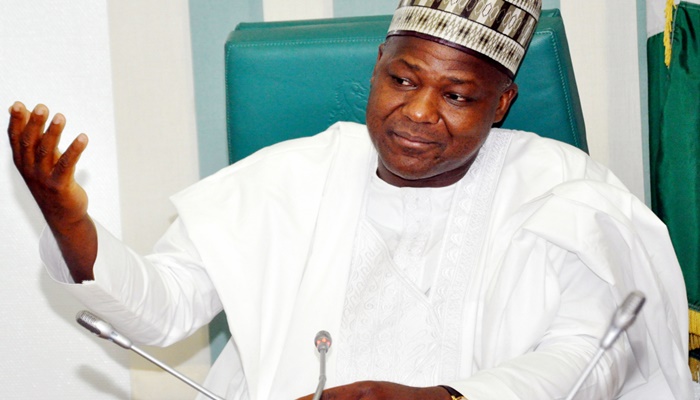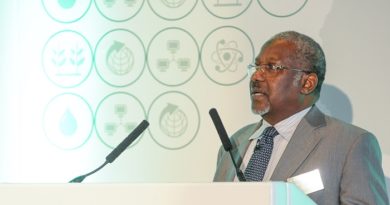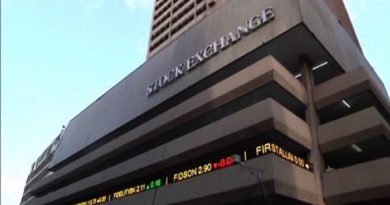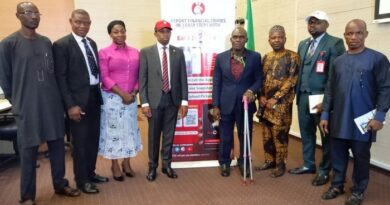Reps call for cut in fuel price to tackle recession
- Says it can sell for N70/litre profitably
House of Representatives were convinced that the present economic hardship Nigerians are currently confronted with has its root in the increase of the pump price of petrol from N86.50 to N145 per litre in May this year and it has therefore called on the Federal Government to urgently reduce the current price of petrol.
The law makers have passed the motion calling on President Muhammadu Buhari to reduce the current price of petrol after a heated argument on the matter on the floor of the House on Tuesday.
The Lower House said by its calculation, if all the hidden charges are removed, petrol can sell for N70 per litre with the marketers still retaining their profits.
The House thereby appealed to the Petroleum Products Pricing Regulatory Agency (PPPRA) and the Federal Ministry of Petroleum Resources to review the price template and slash the pump price immediately. Doing this, they believe, would bring succour to the Nigerian masses.
The House also set up an ad-hoc committee to interface with the Ministry to achieve the goal and other related matters and report back within eight weeks for further legislative action.
The House wants the PPPRA to scrap the N0.84 per litre collected by the Nigerian Ports Authority (NPA) and the N4.56 lightering cost paid to foreign ships, in addition to other charges.
The House asked the NPA to dredge all harbours within one year to enable ships dock in them so that the charges by foreign ships can be eliminated.
The resolutions of the House followed the adoption of a motion on the “Urgent Need to Review the Petroleum Price Template” sponsored by Hon. Abubakar Hassan Fulata (APC, Adamawa).
Fulata told the House that the current template for the price of petrol could be reviewed downwards without affecting the profit margin of marketers and transporters and also contribute to reducing the current inflationary trend in the country.
He explained that the widely circulated rumour of a possible hike of petrol came at a time when the country was going through difficult times caused by dwindling revenues, high inflation rate, unemployment and general fall in the standard of living of many Nigerians.
Fulata said that the landing cost of petrol is N119.74 while the distribution cost and margins of marketers is N18.37.
According to Futala, “The total of both landing and distribution costs is N138.11 while marketers are allowed to sell the product within the range of N140 and N145 per litre. So, 90 percent of the current price of petrol in Nigeria is accounted for by the transport related charges i.e. N124.34 out of N138.11.”
He explained further that the only reason foreign vessels charge higher rates for lifting petrol was that national carriers which were supposed to lift 50 per cent of the products do not have the capacity to do so as a result of which the Nigerian National Petroleum Corporation (NNPC) often resorts to chartering vessels at higher costs.
He said: “The provision of N4.56 in the price template for the lightering services is absolutely unnecessary,” and that in line with international practice, all ships are supposed to dock at the harbour. But in the case of Nigeria, the water level in all the harbours is shallow due to siltation and the harbours therefore need urgent dredging.
“The Nigerian Ports Authority is paid N0.84 for every litre of petrol but it has failed to dredge the various docking areas, as a result of which ships wait at the high sea and discharge their cargoes in smaller vessels, and for this inefficiency of the NPA, Nigerians are asked to pay N4.56 for every litre of petrol, which would not have been necessary if all docking areas had been dredged.”
Fulata gave a detailed cost derivatives on the template as: “Cost of Freight- N109.01; Lightering expenses- N4.56; Nigerian Ports Authority charges- N0.84; NIMASA charges- N0.22; Financing- N2.51, Jetty through put charges- N0.60; Storage charge- N2.00; Retailers’ Margin-N6.00; Transport allowance- N3.36; Dealer’s margin – N2.36; Bridging Fund- N6.20 while Marine Transport average is N0.15 totalling N137.81.
“Landing cost of PMS is N119.74 while the distribution cost and margin of marketers is N18.37, thus, the total of both the landing and distribution costs is N138.11, while marketers are allowed to sell the product within the range of N140 and N145 per litre.
“Over 90 percent of the current price of PMS in Nigeria is accounted for by transport-related charges, i.e. N124.34 out of N138.11 viz: Lightering – N4.56, Bridging fund- N6. 20, Marine transport – N0.15, Transport allowance- N3.36, Freight Foreign- N109.01, NIMASA charges- N0.22 and NPA charges- N84,” he said.
The lawmakers further said that if the pipelines linking the various depots and refineries are fixed and secured, the bridging fund can be reduced to N2 per litre instead of the current N6.20.
“Also, a realistic template would bring down the price of petrol to N70.04,” he emphatically concluded.




